Wilmington's 1898 coup and massacre at 125: 'Healing forward' with more work to be done
For decades, generations even, it was almost like Wilmington's 1898 coup and massacre never happened.
Actively suppressed almost immediately after it occurred, it would be nearly a century before the story of 1898, and its enduring impacts, were widely known. How on Nov. 10, 1898, a mob of white supremacists organized by Wilmington elites with support from the state Democratic Party unleashed a campaign of terror on the town's Black citizens, killing dozens, perhaps more than 200, and forcing others to leave town under the threat of death. Locally elected government officials who were part of a progressive, biracial coalition were forced to resign, and Wilmington went from being 56% Black to being majority white almost overnight.
It would take a nearly a century for the state of North Carolina and city of Wilmington to officially acknowledge the events of 1898, which finally happened during a 100th anniversary commemoration in 1998.
Now, as Wilmington prepares for nearly two dozen individual events set to mark the 125th anniversary of 1898, including the laying of a wreath at 1898 Memorial Park on North Third Street Nov. 9, locals are reflecting on how much has changed over the past 25 years, and on what else needs to happen in order for Wilmington to fully reckon with its past.
Then and now: Full list of events marking 125th anniversary of Wilmington's coup and massacre of 1898
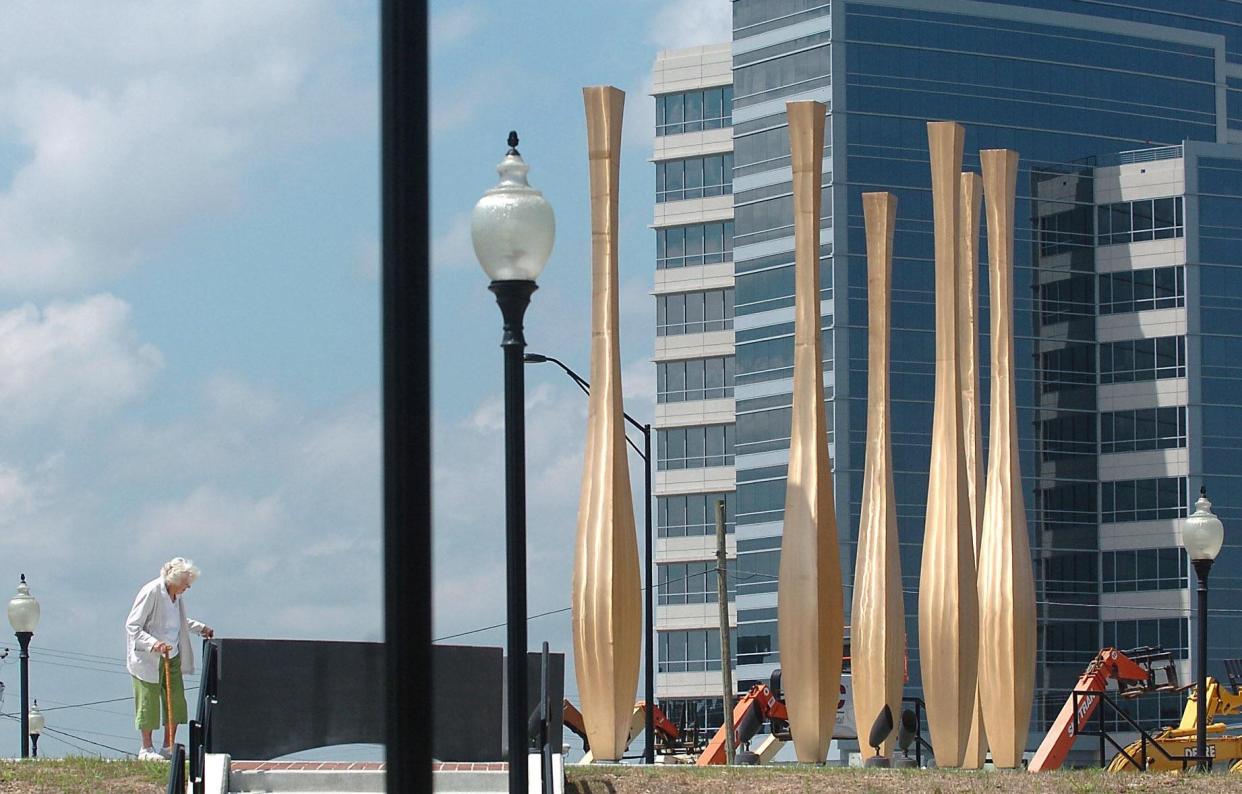
Healing forward
"It may take us 100 more years to get where we need to be," said Bertha Boykin Todd, who in 1995 began serving as co-chair of a commission that planned the 100th anniversary commemoration. "I'm still happy to see us moving forward. I am gratifed to see Wilmington as a city healing forward."
Todd, who is 94, published a book last year titled "Reflections on a Massacre and a Coup." She notes that, in 1998, "We couldn't even use the word massacre."
When she moved to Wilmington from Durham in 1952 to work for the New Hanover County Board of Education, starting a storied, 39-year career in the Wilmington schools, "I felt I had gone back in time," Todd said.
It would still be many years before she would learn about 1898.
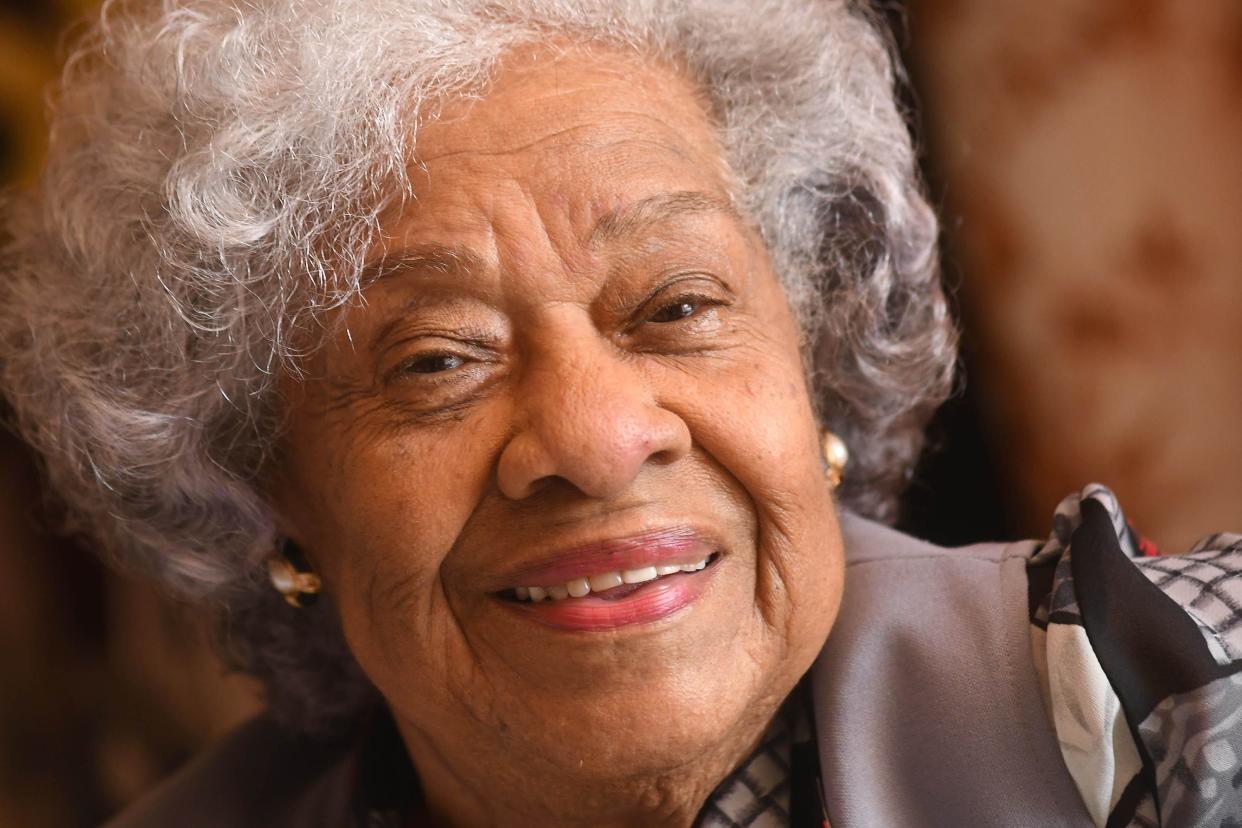
In 1984, S. H. Leon Prather published the book "We Have Taken A City: The Wilmington Racial Massacre and Coup of 1898," which was one of the first contemporary publications to deal with the history of 1898.
It spurred the state to investigate the history and its impacts, and also served as inspiration for late Wilmington writer and UNCW professor Philip Gerard's 1994 novel, "Cape Fear Rising." Though his novel was a work of historical fiction, Gerard's decision to use the names of actual conspirators, including Hugh MacRae, whose family was still prominent in 1994 and remains in Wilmington to this day, was hugely controversial at the time.
One year later, however, in 1995, the first meeting of Wilmington's 1898 Centennial Commission, now known as the 1898 Memorial Foundation, was held. The commission made plans to both reckon with and acknowledge the history in advance of the 100th anniversary commemoration in 1998.
Key to the committee's success, Todd said, was that the commission had Black and white co-chairs, with a mix of Blacks and whites on all committees, including Hugh MacRae II, grandson of one of the 1898 conspirators.
As it turned out, the 100th anniversary was just a first step in what has been a long healing process, one that continues to this day. Even into the late 2000s, 1898 was often referred to as a "race riot." It's only been in recent years that "coup and massacre" has come to be more widely used.
Annual commemorations since 1998 have helped keep the history in the public eye, as has the installation in 2008 of the 1898 Monument and Memorial Park on North Third Street, with a permanent sculpture designed by Georgia artist Ayokunle Odeleye.
David Zucchino's Pulitzer-Prize winning 2020 book "Wilmington's Lie" brought the history to a much wider audience, and is one of numerous works to reckon with several incidents nationwide that involved the mass killing of Blacks in the late 19th and early 20th centuries, including the Tulsa massacre, also known as the Black Wall Street massacre, in 1921.
'We're not there yet'
A turning point in Wilmington came with Christopher Everett's film "Wilmington on Fire," which was the first documentary to deal with 1898 in a substantial way.
"Wilmington on Fire" premiered during the Cucalorus Film Festival at Thalian Hall in November of 2015, on the very stage where in 1898 former Confederate Col. Alfred Moore Waddell whipped local whites into a frenzy with a speech in which he said whites should "choke the Cape Fear (River) with carcasses" if that was what it took to end what he termed "Negro rule." The line to see "Wilmington on Fire" literally wrapped around the block.
"People want to know what happened," Everett said. "We are getting somewhere. We have made progress. But we're not there yet."
Everett said he's heartened to see that, "over the past few years, we're starting to see more events" commemorating 1898. "I think 'Wilmington on Fire' had something to with that."
Earlier this year, Wilmington's Mouths of Babes (MoB) theater company staged an original play, "Wilmington Reconstructed," based on interviews with people about 1898 and its legacy. MoB artistic director Trey Morehouse helped devise the play, and also acted in it.
"It's important to commemorate," Morehouse said. "It's something that still affects our day-to-day lives."
"Wilmington still feels very segregated," Morehouse said, adding that he sees the New Hanover County Schools system, and "how they feel overtly segregated," as "a legacy of 1898. You can see some intention of segregation there."
At Wilmington's Burnett-Eaton Museum Foundation, the first and only museum in town dedicated to local Black history, founder Islah Speller will show you a map she uses on her "Sugar Hill" tour of once-prosperous Black businesses, dozens of which were destroyed by the violence of 1898
"We were on the cusp of being a New Orleans or an Atlanta," Morehouse said, before most Black wealth in Wilmington was destroyed in 1898.
As the history of 1898 has emerged from being almost hidden to becoming more mainstream, Morehouse said he's started to see more pushback.
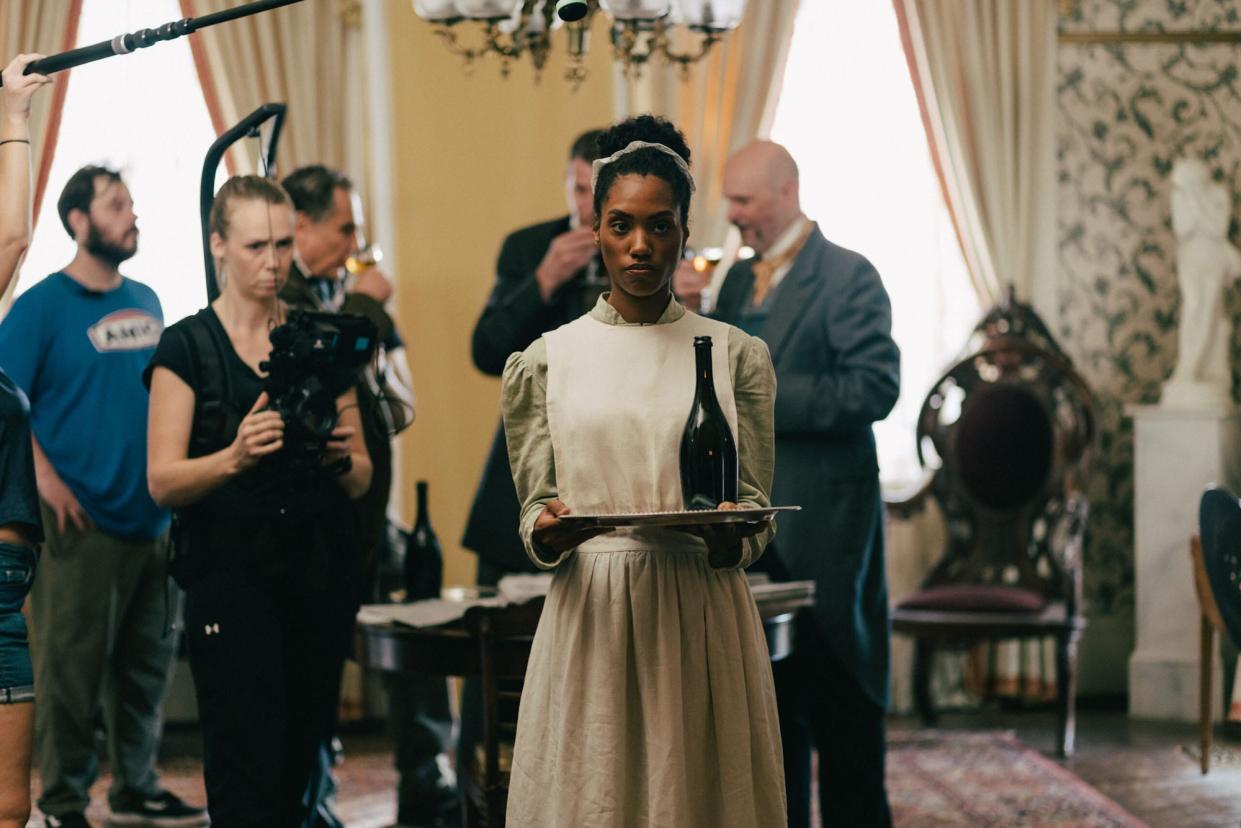
"What's happening now is different that what I saw even 10 years ago," Morehouse said. "Then, it was an urge to say, 'Nothing happened.' Now it's more, 'Yes, it happened, but it doesn't mean what you think it means.'"
The trailer for a new film from conservative North Carolina think tank The John Locke Society, Morehouse said, seems to push back against "the event being a white supremacist uprising. Which is shocking. (The conspirators) called themselves white supremacists. These were proudly white supremacist newspapers. That is just a fact."
By repeatedly emphasizing the role of the state Democratic Party, which was the party of white conservatives in 1898, in the coup, "It's almost like they're trying move it away from white supremacy to, 'This is just the Democrats trying to hold onto power.' They're trying to rewrite history, or maybe repurpose it."
Pushback aside, many things have changed in Wilmington since the Black Lives Matter protests of 2020. The city of Wilmington took down two monuments glorifying the Confederacy. New Hanover County renamed Hugh MacRae Park to Long Leaf Park.
Both the city of Wilmington and the government of New Hanover County have offices of diversity, equity and inclusion.
These changes, and other things he was seeing in Wilmington's Black community, inspired Everett to make a follow-up to "Wilmington on Fire."
Titled "Wilmington on Fire: Chapter II," it was originally set to come out this month but its premiere has been pushed back to next year, Everett said.
Among other things, the film will focus on Wilmington community center Sokoto House, the Black-owned Genesis Block business accelerator, and Cedric Harrison's local Black history bus tours.
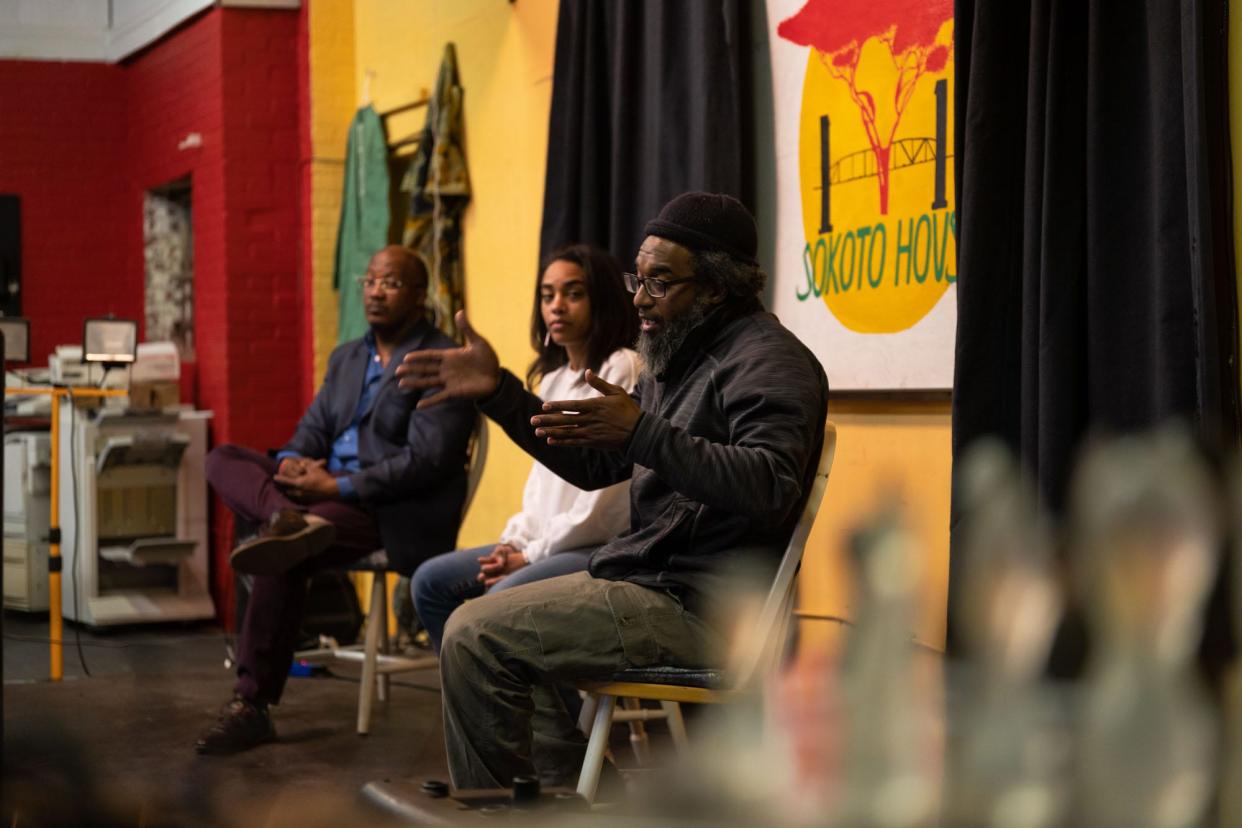
"There's some cool changes trying to happen in this town," Everett said, "People who are trying to get this stain off the city."
"Wilmington on Fire: Chapter II" will also include a posthumous appearance by author and activist Larry Reni Thomas, who died this summer. Everett said Thomas had been talking and writing about 1898 since the 1980s.
"It's popular now, but when he was talking about 1898, it wasn't," Everett said. "He was one of the first to call it out for what it was. And to push for reparations."
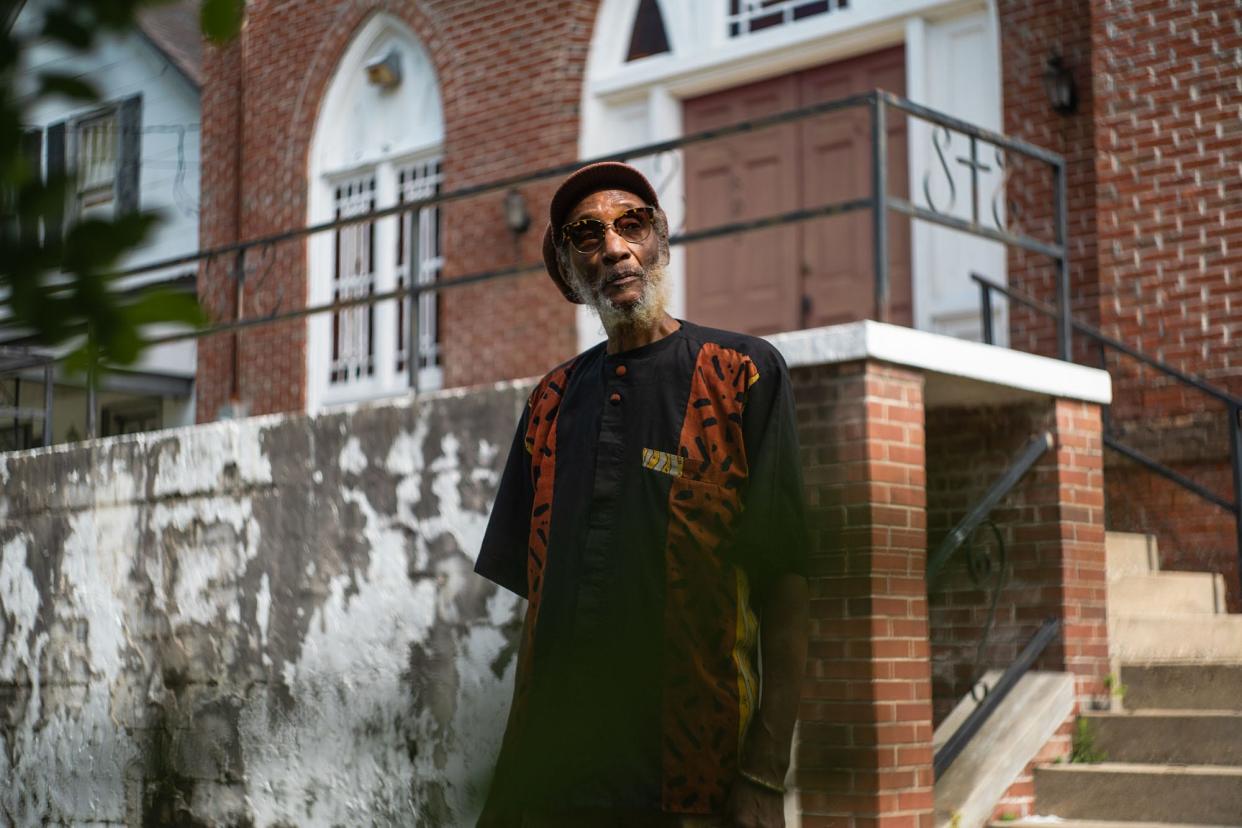
The contentious topic of reparations for 1898 is one that hasn't gained much traction, but it's something Everett said needs to happen one day.
"You have to hit it from different angles, because racism doesn't come from just one angle," Everett said, adding that he believes reparations should include some combination of education, business opportunities, housing and/or employment. "Some type of program, not only for (1898) descendants, for but for the African-American community."
Power of education
As the saying goes, it's important to know history so that it doesn't repeat.
In her book, Todd said, "I have compared Jan. 6, an unsuccessful coup, to the successful coup of 1898. Most of us have managed to reflect on the past and move forward. Not everyone has, in my opinion."
Still, as a lifelong educator, Todd said she still believes in the power of education to build the future. New Hanover County third, fourth and eighth graders now learn about the coup and massacre, "So at least they're getting some semblance of 1898 infomation," Todd said. "At least they will have heard about it."
"More people are accepting the past and are willing to look to the future," she said. "We need to learn to listen to and respect each other. The more groups that do that, the better off we are."
This article originally appeared on Wilmington StarNews: For 125th anniversary of 1898 in Wilmington, work of healing ongoing
